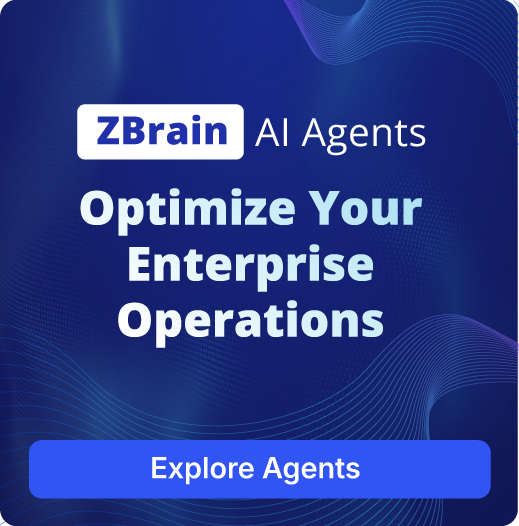ZBrain: The Enterprise Generative AI Platform
Unlock the full potential of your proprietary data with ZBrain, a full-stack, enterprise-grade generative AI orchestration platform. Leverage diverse LLMs like GPT-4, Claude, Llama-3 and Gemini to build secure applications tailored to your business needs. ZBrain enables you to streamline your workflows and boost productivity without the complexities of development.






Drive Operational Excellence With ZBrain’s Advanced Capabilities
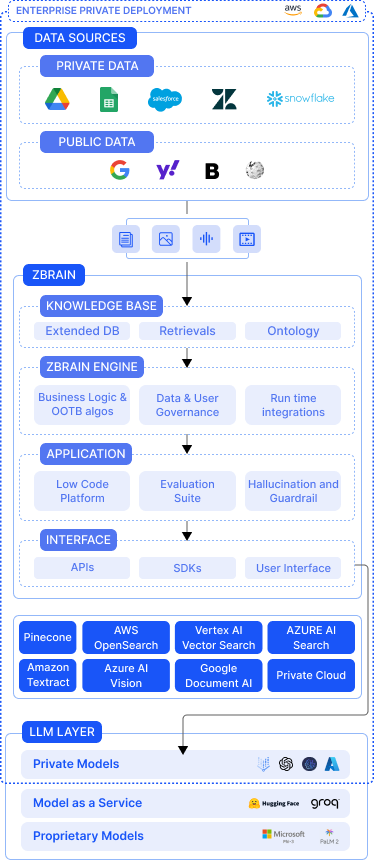

Efficient Data Ingestion and Processing
ZBrain gathers data from both private and public sources and transforms it into a usable format through an ETL (Extract, Transform, Load) process for storage into the knowledge base.

Advanced Knowledge Base
This knowledge repository supports multiple vector and file storage options for efficient data storage and management. It offers extended database functionalities, optimized retrieval methods, and utilizes ontologies for structured knowledge representation.

Intelligent Workflows Powered by ZBrain Engine
The core engine handles business logic execution, enforces data and user governance, and facilitates run-time integrations with other systems. Additionally, it incorporates pre-built algorithms for various tasks.

Model-agnostic LLM Layer
ZBrain allows apps to integrate flexibly with both public and private large language models. The platform is model-agnostic, allowing intelligent routing and switching of LLMs based on specific task requirements.

Secure AI App Development
ZBrain enables building custom applications using low-code interface. ZBrain also offers features like evaluation suites and guardrails to ensure the quality and control of AI outputs.

Continuous Improvement of Results
The platform incorporates a human-in-the-loop feedback process using techniques like RLHF to continuously improve the quality and accuracy of responses. This ensures your AI applications become more effective over time.
LLMs That ZBrain Supports


Easy Data and System Integration
ZBrain simplifies the process of sourcing data from databases, cloud storage, and APIs. The platform seamlessly integrates with a multitude of services, including MySQL, SQL, MongoDB, Amazon AWS, Google Cloud, Azure Cloud, email, CRMs, Google Drive, Dropbox, Atlassian Products, Notion, Slack, and more. In self-hosted deployments, your data remains securely stored within your enterprise cloud environment, where it is preprocessed and used for fine-tuning models, ensuring data confidentiality and integrity.

Integrate ZBrain Into Your Workflows

API
Enhance your applications by integrating ZBrain’s API, effortlessly infusing generative AI capabilities into your workflows to boost efficiency.
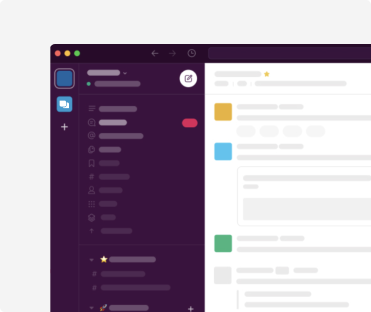
Slack
ZBrain enables you to improve your team’s communication and streamline workflows effortlessly by integrating powerful generative AI features into Slack.
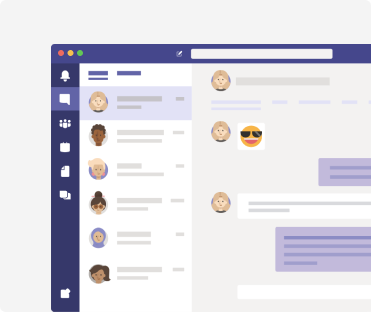
Teams
Boost collaboration and productivity within Microsoft Teams by integrating ZBrain, your essential tool for intelligent content creation and data analysis.
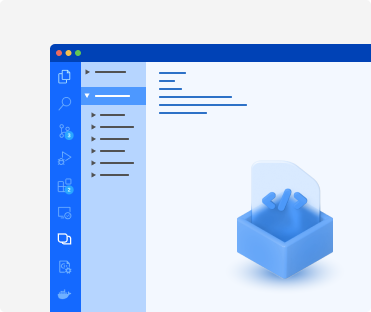
SDKs
For developers looking to leverage the full potential of ZBrain, we offer SDKs that provide access to the platform’s core features and capabilities. With these SDKs, you can seamlessly integrate ZBrain apps into your operational workflows.
Features of Our Enterprise Generative AI Platform

AI Agents: Intelligent Workflow Automation
ZBrain AI Agents provide intelligent automation across various business functions, enabling users to tackle complex tasks with ease. These agents are designed to streamline workflows and enhance decision-making by seamlessly integrating with existing processes. See examples.

Extended DB: Intelligent Data Organization

Evaluation Tools: Validate LLM Outputs
The evaluation suite offers comprehensive test suites for validating AI applications. It supports continuous validation through automated test execution, implements guardrails to control and monitor AI outputs, and leverages LLMs for assessing application results.

APPOps: Keep Apps Running Smoothly
ZBrain’s APPOps capabilities ensure the seamless operation of AI applications through continuous background validation and proactive issue resolution. It offers service monitoring capabilities to track performance and health, ensuring high reliability and uptime of the applications.
